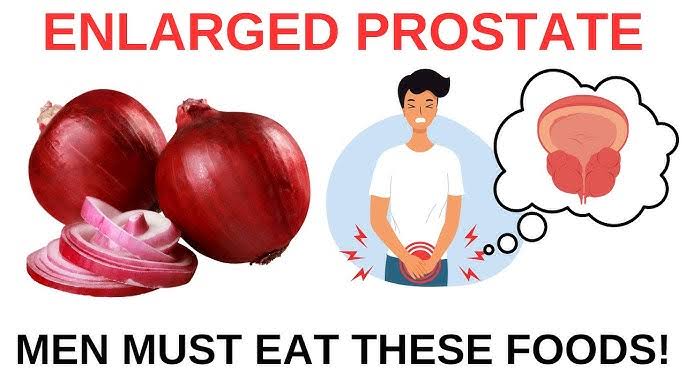Magnesium is an extremely important mineral for our physical and mental health. It participates in over 300 biochemical reactions in the body and is responsible for bone and muscle development and strengthening. Furthermore, it also aids in the absorption of several other nutrients that regulate metabolism, muscle contraction, and provide energy for daily life.
Magnesium also participates in protein synthesis, acts on the nervous system, controls blood glucose, and transports calcium and potassium to cells. The mineral prevents sarcopenia in the elderly, cramps in those who exercise, eclampsia in pregnant women, and neurodegenerative diseases.
Hypomagnesemia, the lack of magnesium in the body
One of the best ways to maintain good magnesium levels in the body is through a balanced diet. However, the convenience of processed foods combined with an increasingly hectic lifestyle has led people to replace natural foods with processed foods. The result is a diet that is poor in nutrients and, consequently, harmful to health.
Although an inadequate diet is the main cause of magnesium deficiency in the body, there are other causes attributed to hypomagnesemia:
- Alcoholism;
- Use of medications such as Omeprazole, some antibiotics, diuretics and medications used in chemotherapy;
- Low absorption of magnesium by the intestine (whether due to illness or bariatric surgery);
- Gitelman syndrome: genetic kidney disease that causes magnesium to be excreted in the urine;
- Breast-feeding;
- Diarrhea;
- Elevated levels of thyroid hormones.
Magnesium deficiency is more common in the elderly, but can also affect children and adults due to the above causes.
How do I know if I have hypomagnesemia? Discover 18 signs of magnesium deficiency.
Some blood tests can help identify low magnesium levels in the body. However, some signs also indicate the problem. See below to identify if this is your case and seek medical help as soon as possible:
- Tremors;
- Loss of appetite;
- Drowsiness;
- Weakness;
- Excessive fatigue;
- Muscle cramps and spasms;
- Tingling;
- Negative thoughts, depression;
- Insomnia;
- Mood swings, irritability, nervousness;
- Nausea and vomiting;
- Tachycardia;
- Respiratory problems;
- Alopecia (hair loss);
- Stomach pain;
- Mental confusion;
- Excessive thirst, even after drinking plenty of water;
- In severe cases, a lack of magnesium can cause seizures.
Where to find magnesium?
Magnesium can be found in some foods, supplemented, or obtained through the continued use of certain medications. In the case of food, the mineral is present in:
- Banana;
- Avocado;
- Kiwi;
- Oilseeds (almonds, hazelnuts, peanuts, Brazil nuts and cashews);
- Rice (white, brown);
- Oat;
- Wheat;
- Cabbage;
- Spinach;
- Broccoli;
- Arugula;
- Pumpkin (including seeds);
- Bean;
- Lentil;
- Milk and dairy products;
- Dark chocolate;
- Some types of fish;
- Meats (chicken and beef);
- Coffee, among other ingredients.
Consequences of magnesium deficiency
A prolonged lack of magnesium in the body can be a risk factor for several diseases. Among them, it’s worth highlighting:
- Cardiovascular problems (heart attack, angina);
- High blood pressure;
- Type 2 diabetes;
- Kidney stones;
- Mental disorders;
- Insanity;
- Osteoporosis;
- Potassium deficiency (Hypokalemia);
- Neurodegenerative diseases such as Alzheimer’s and Parkinson’s;
- Sarcopenia (loss of strength and muscle mass resulting from natural aging).
Treatment
After tests are performed to confirm the diagnosis of magnesium deficiency, it’s time to begin treatment to replenish the nutrient. In mild cases, replacement is achieved through a balanced and personalized diet, including foods rich in the mineral in the daily menu. The diet is prescribed by a healthcare professional, such as a doctor or nutritionist.
In cases where a nutrient-rich diet isn’t sufficient, nutritional supplementation is recommended . In this case, magnesium is administered orally in capsules. In severe cases, hospitalization may be necessary to administer the nutrient intravenously.
When to start magnesium supplementation?
As previously discussed, although magnesium can be replenished through a balanced diet, there are cases where this type of replenishment is insufficient. In these cases, it’s important to invest in supplementation, as a lack of magnesium in the body can cause a series of physical and mental problems.
Magnesium supplementation is recommended by doctors and nutritionists when attempts to replenish it through diet fail. In the case of nutritional supplements, magnesium is available in the forms of magnesium chloride, magnesium sulfate, magnesium aspartate, magnesium citrate, magnesium chelate, and magnesium dimalate. The nutrient can also be combined with other vitamins, as is the case with multivitamins.
In addition to these forms, there is also Magnesium L-Threonate, considered an evolution of supplements based on this nutrient. It combines magnesium and L-threonate acid, a compound derived from vitamin C, in a single product. The main advantage of this supplement is that it provides greater availability of the mineral in the body, as L-threonate acid facilitates the entry of magnesium into cells, including brain cells.
Therefore, Magnesium L-Threonate is a great ally for stronger physical and mental health. In addition to replenishing the mineral, this supplement also helps relieve symptoms of stress and anxiety, protects cognitive functions, and improves calcium absorption.







